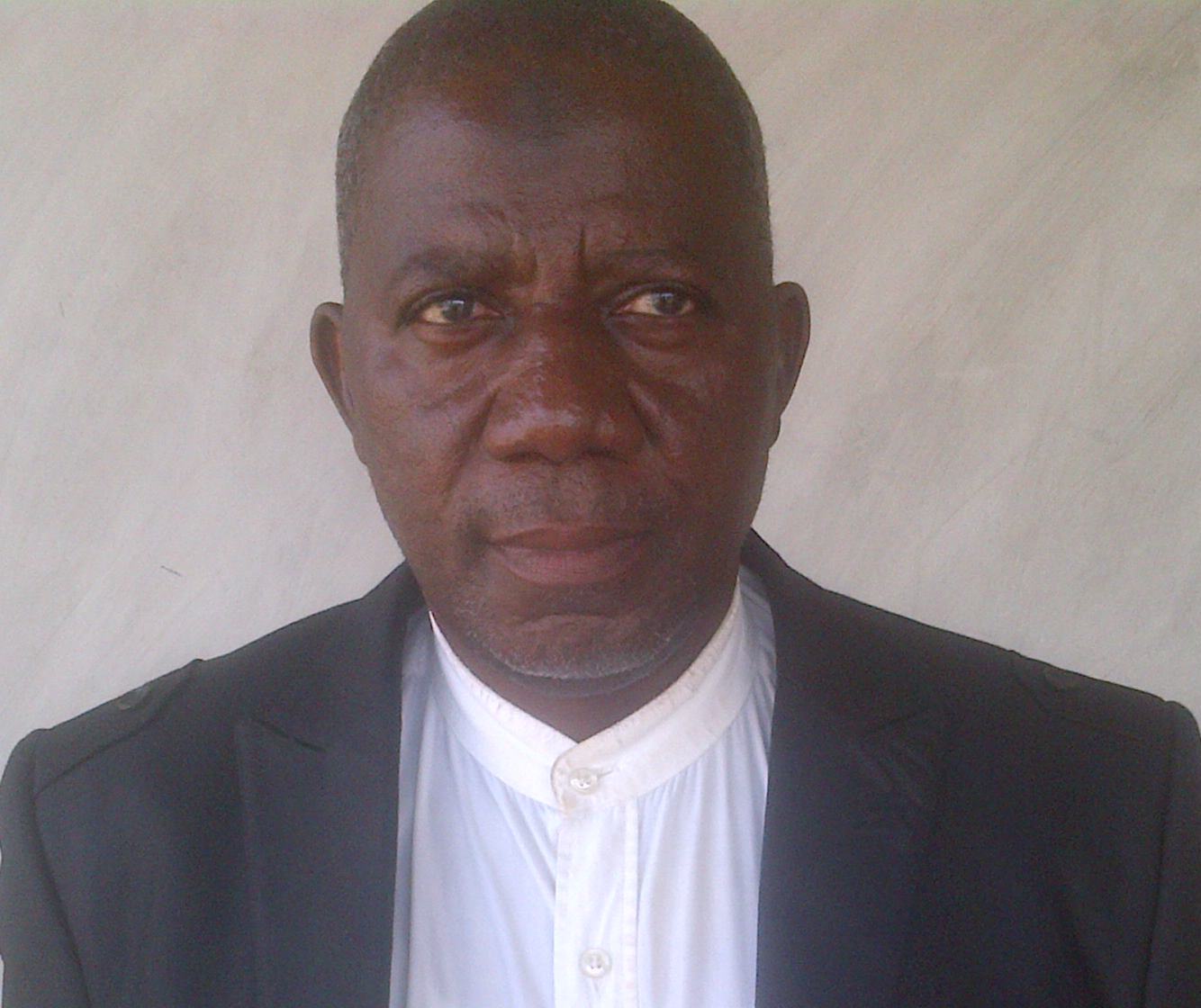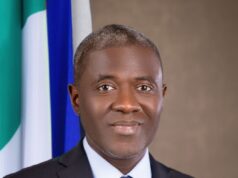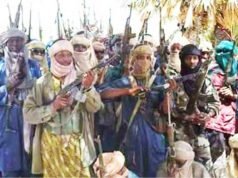
A common narrative among lazy commentators and the apologists of our often criticized government is one that accuses “Northern leadership” and their (Islamic) apex religious leadership of not doing much more than criticize, comment or condemn the executive leadership, without being proactive” to end the “senseless menace that has plagued Nigeria’s North, largely unabated for four years (please read “Why We Failed To BringBackOurGirls,” Dr. Prigirino Brimah, Saharareporters). In addition to politicians, there are activists and rights groups that have bought into this erroneous thinking. But contrary to this type of thinking, there are many groups and societies that are involved, in the nation’s interest, going beyond the criticism of the lack of government action, to identify real solutions to the problems of violence, banditry, criminality and terrorism but because they don’t have the state power to enforce their point of view, all they can do is to write and talk, which is itself an activity protected by the constitution. One such group that has been active in meetings, seminars and workshops in search of peace in the North and Nigeria as a whole is the Arewa Research and Development Project, ARDP (ardpng.org). At a recent workshop in Kaduna, the group brought together an array of active and not-so-active security personnel, journalists, academics, politicians and businessmen to brainstorm on the issue of “Security and Human Rights in Northern Nigeria.” It turned out to be a big opportunity for some of this country’s forgotten heroes, men who had played important roles in keeping the country as one, but who, regrettably today, are sidelined, and are therefore helplessly watching as a set of selfish and greedy political elite tries to undo all of that good work. The interesting aspect of this get-together was the common thread of strong optimism, almost echoed to a fault about the future of Nigeria that ran through the entire conversations. General Emmanuel Abisoye went down the memory lane discussing his role as the General officer commanding the 3rd Infantry Brigade, with overall responsibility for the entire eastern borders of the country, spanning from Maiduguri to Calabar, the entire length of which he said he literally walked on his foot. He spoke with nostalgic confidence and competence about how things are now different, considering especially our seeming helplessness and such question as a so-called mystery of the Boko Haram insurgency in that region. It was an equally good opportunity for such veterans as General Paul Tarfa, General Joshua Shagaya, General Maina, General Temlong, Colonel Hamid Ali, Assistant Inspectors-General of Police Albasu and Lawal Idris (both retired) Col. Aminu, Col. Bello Fadile, Col. Ubah, the Secretary of the ACF and A.A. Gadzama the immediate past Director-General of SSS, among many others to bring their thoughts together on how the North can be cured of these problems. As to be expected, the National Security Adviser (NSA), Colonel Sambo Dasuki made a presentation. The Convener of the ARDP, Dr. Usman Bugaje who called this meeting in collaboration with others, including the Centre for Democratic Research and Documentation of the Bayero University, Kano, and the Centre for Peace Studies of the Usmanu Dan Fodio University, Sokoto, outlined the objective for this workshop as an attempt “to bring Northern leadership and expertise together to brainstorm on these important, nay compelling security problems facing the country, with a view to proffering solutions that will complement and reinforce what government and non-government actors are doing.” Among the many recommendations they issued at the end of the workshop, they called on the movers and shakers of the North and their citizens to work for mutually rewarding ties with government, to complement each others’ efforts in combating the terror ravaging the region. They appealed to Northerners to unify themselves as a step to securing the unity of Nigeria although, the unity of Nigeria they warned, “will not be at all costs.” They called for a marshal plan and recovery program for the North, taking note of the fact that poverty and neglect account for the crises facing the region to a large extent, although these themselves cannot explain, let alone justify violence in any form. They made the far-reaching recommendation of extending the NYSC to two years, so as to include one year of military service and asked for the setting up of committee to monitor human rights of the civil population, and to audit the conduct of the military in regard to the observance of the rules of engagement. Knowing that the North has its own problems, the meeting called for measures to address issues of corruption and the lack of will. They also asked that the North be treated fairly in the affairs of Nigeria, “like any other region of the country in terms of employment opportunities, appointment and scholarship grants like the Niger Delta.” The communique also strongly disagreed with the malicious linkages of Islam with the bandits who merrily kill, kidnap and trample on innocent persons and businesses, as well as the psychological war against the North and the country as a whole using the social media. A popular local proverb says it takes two hands to clap and only one to slap. The conclusion from here is that Northerners are taking their destiny in their own hands by first uniting themselves, and then working with federal government to bring peace and settlement in the region. But where this partnership and support are not forthcoming on the part of government, the communique gave clear indication that the region will think up other alternatives. What are these alternatives? This workshop did not elaborate.
Read More Articles From This Author: Garba Shehu
[myad]






